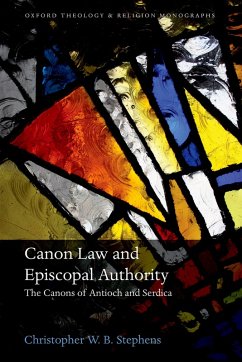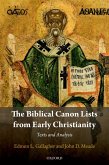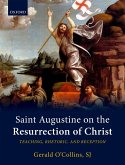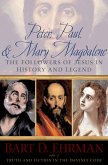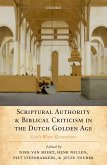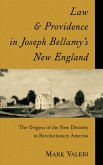Christopher Stephens focuses on canon law as the starting point for a new interpretation of divisions between East and West in the Church after the death of Constantine the Great. He challenges the common assumption that bishops split between 'Nicenes' and 'non-Nicenes', 'Arians' or 'Eusebians'. Instead, he argues that questions of doctrine took second place to disputes about the status of individual bishops and broader issues of the role of ecclesiastical councils, the nature of episcopal authority, and in particular the supremacy of the bishop of Rome. Canon law allows the author to offer a fresh understanding of the purposes of councils in the East after 337 particularly the famed Dedication Council of 341 and the western meeting of the council of Serdica and the canon law written there, which elevated the bishop of Rome to an authority above all other bishops. Investigating the laws they wrote, the author describes the power struggles taking place in the years following 337 as bishops sought to elevate their status and grasp the opportunity for the absolute form of leadership Constantine had embodied. Combining a close study of the laws and events of this period with broader reflections on the nature of power and authority in the Church and the increasingly important role of canon law, the book offers a fresh narrative of one of the most significant periods in the development of the Church as an institution and of the bishop as a leader.
Dieser Download kann aus rechtlichen Gründen nur mit Rechnungsadresse in A, B, BG, CY, CZ, D, DK, EW, E, FIN, F, GR, HR, H, IRL, I, LT, L, LR, M, NL, PL, P, R, S, SLO, SK ausgeliefert werden.

